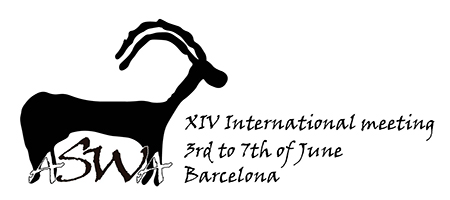The famous site of Gordion in Central Anatolia has been the center of archaeological interest for over 50 years. This includes a long tradition of bioarchaeological research in this region, which portrays the economy and ecology of Gordion over a millennium of subsequent occupation phases spanning the Early Iron Age to the Roman period. Particular attention has been paid to how these practices influenced the local environment in Gordion in relation to overgrazing and wood clearance, and vice versa. However, animal husbandry practices during the Hellenistic period in Gordion, as well as in wider central Anatolia, remained relatively unexplored.
We attempt to clarify animal husbandry practices during the Hellenistic period by firstly investigating whether the impoverished environment caused by prior overgrazing during the Middle Phrygian period lead to risk-mediating adaptations of agropastoral activity that continued in the Hellenistic period. Secondly, we investigate whether the visibly different hierarchical and organizational changes resulting from the arrival of the Galatians in Gordion around 235 BC, are reflected in changes in animal husbandry practices. To answer these questions, we unified legacy data collected by various analysts since 1988, with recent data from the 2014-2018 campaigns in Gordion into a single relational database. The additional use of legacy data allowed us to explore an increased faunal sample created by the efforts of various analysts. Based on our analysis, we find no direct evidence of adaptations to impoverished environmental conditions, however, we do observe differences in management practices that we suspect are related the cultural and hierarchical shift in the settlement after the arrival of the Galatians.

 PDF version
PDF version
